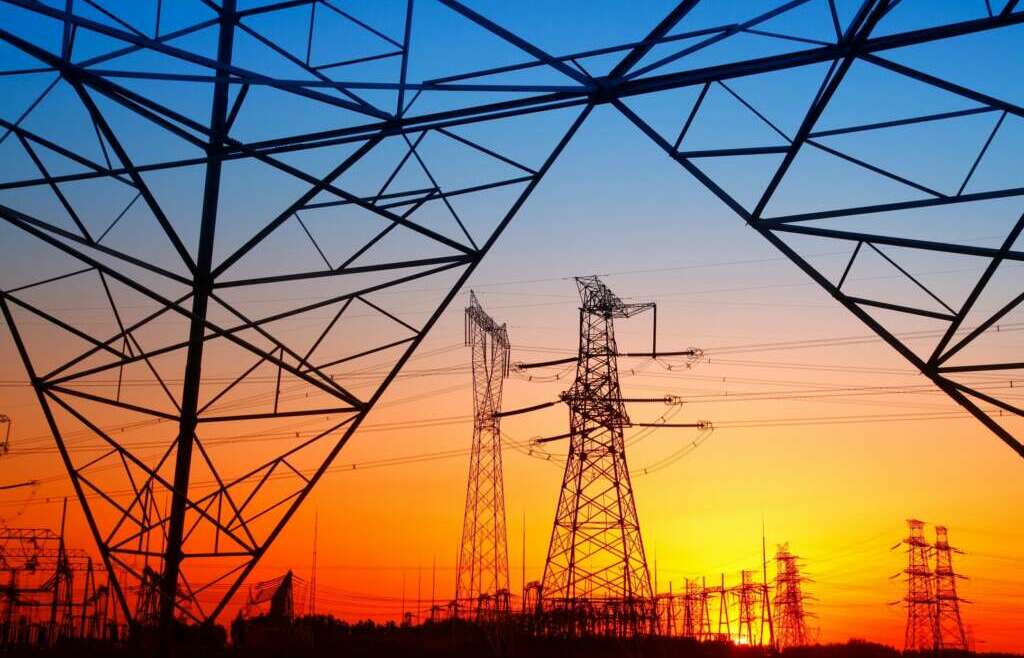
The regulation of utilities in Rhode Island is the responsibility of the Rhode Island Public Utilities Commission (“RIPUC”). That commission is a creature of statute. As an attorney, practicing before the commission is different than appearing in state court. Public utility law follows various enabling acts and observance of a variation on the state’s rules of evidence and civil procedure.
The substantive foundation of public utility law comes from the Rhode Island Public Utilities Commission Act. Under that statute, the RIPUC is meant to “serve as a quasi-judicial tribunal with jurisdiction, powers…to hold investigations and hearings involving the rates, tariffs, tolls, and charges, and the sufficiency and reasonableness of facilities and accommodations of railroad, gas, electric distribution, water, telephone, telegraph, and pipeline public utilities…” RIGL §39-1-3. The investigations and hearings mentioned here are the events where the public and attorneys most commonly interact with the RIPUC.
What is a tariff and how is it set?
A tariff is customarily a tax or fee paid on a particular class of imports or exports. In public utility law, a utility tariff is a pricing structure. The energy company will charge its customers for energy usage. The pricing schedule is set by the energy company and requires approval by the RIPUC. This approved charge then appears on a customers’ bill in dollars per kilowatt-hour (kWh).
Setting a tariff can be a long and complicated process. The burden of proof is on the utility company to demonstrate the reasonableness of its pricing structure. There are some minor/administrative changes to a tariff are allowed without commencing a formal hearing process. Otherwise, if the changes are substantive, a hearing is held.
At the beginning of the hearing, the utility company must file its complete direct case. This includes written testimony and exhibits. Public utility law in this context also requires filing of additional documents. Examples are previously filed Annual Reports to the RIPUC, the Federal Energy Regulatory Commission, the Securities and Exchange Commission, and stockholders.
What is Distributed Generation and how is it regulated?
With the advent of reliance on alternative sources of renewable energy, public utility law is changing. Distributed generation (on-site generation) is a phrase used to explain the generation of electricity from sources other than the traditional power plant. The generation occurs closer to the location where the electricity is being used. This type of system has implications felt throughout the industry.
Very recently, the RIPUC voted to adopt a new set of reporting and process requirements related to “Affected System Operator (ASO) Studies affecting Distributed Generation (DG) applications.” In public utility law, distributed generation project developers must ask for an interconnection from the transmission company. The interconnection is likely to have an impact on its neighboring transmission systems. The RIPUC’s recent vote now requires additional consideration of these potential impacts. You can read the RIPUC’s notice here.
At Desautel Browning Law, the attorneys deal with public utility law clients and matters on a regular and consistent basis. For more information, call us today at 401.477.0023.
